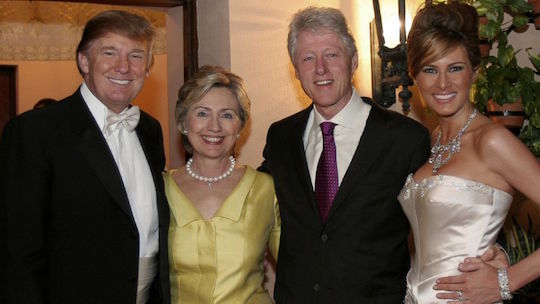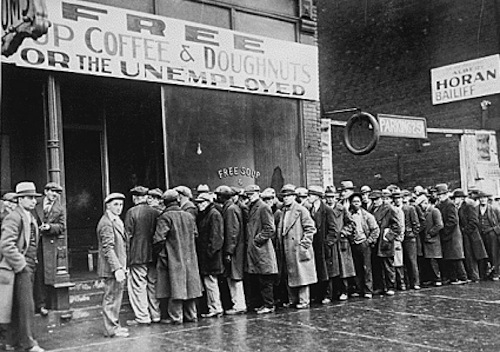Who says Hillary Clinton isn’t the best candidate to address wealth inequality? Racists and bros, mostly—the rest of us know better. Here’s the presumptive Democratic nominee telling the New York Times that she’s open to considering Mark Cuban or another successful businessperson as her vice president:
“Businesspeople, especially successful businesspeople, who are really successful — as opposed to pretend successful — I think, have a lot to offer,” said Mrs. Clinton, whose campaign has begun taunting Mr. Trump with a #PoorDonald hashtag on Twitter, suggesting that he is not nearly as wealthy as he claims. Mr. Trump has cited an audit by the Internal Revenue Service as his reason for keeping his tax returns private.
Clinton supporters on Twitter have begun circulating the claim that Donald Trump is not a multi-billionaire, as he says, and that his net worth is actually less than $100 million. That would put him below the Clintons’ estimated worth of $110 million, nearly all of which they made after Bill became president. Surely, voters will flock to Hillary once they start thinking of her as the richer candidate.


